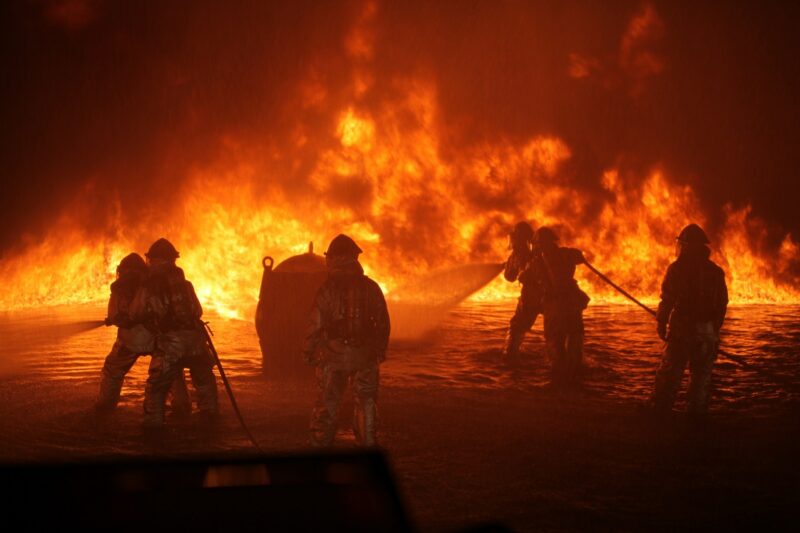
“Are we screwed?”, “How bad is it gonna get?” – these are the questions that I most frequently get when I mention that I am in climate science. Newspaper coverage of a recent perspective article in PNAS seemed to suggest that we are actually headed towards a global catastrophe with potential extinction and that we know dangerously little about it: “Climate endgame: risk of human extinction ‘dangerously underexplored’ – Scientists say there are ample reasons to suspect global heating could lead to catastrophe”, or “We Are Not Freaking Out Enough About Climate Change”.
This media coverage has led other researchers to criticize the underlying article for being too gloomy – they argue it scares the public and overemphasizes the likelihood of catastrophic climate change. In fact, the core of the paper by Kemp et al. (2022a) is primarily a call for more research on extreme scenarios. The authors argue that these have so far been underexplored, especially when it comes to cascading risks, such as armed conflicts, infectious diseases, or mass displacement of people interacting with climate risks. They, therefore, call for more research in the form of an “integrated catastrophe assessment,” and for an IPCC special report on the subject. These suggestions are rather uncontroversial in the scientific climate community. At the same time though, as if they needed more justification, the authors repeatedly state that such extreme scenarios are plausible and that more emphasis on extinction risk could “help to galvanise action.” And this is where the controversies begin.
As was seen in a recent blogpost on scenarios of high emission scenarios, there is an unresolved debate about how to motivate climate action – by warning of potential catastrophes or by highlighting opportunities for avoiding catastrophic climate change. By adopting the martial language of climate endgame and emphasizing the supposedly underestimated plausibility of existential risks, Kemp et al. (2022a) predictably reheated this debate – see Burgess et al. (2022) and the reply by Kemp et al. (2022b).
If the authors’ aim is to motivate more research into the impacts of extreme climate change and the interaction of different types of risks, then their own framing did not help the cause. Their claim that research into existential climate risks will “motivate society to act with greater urgency”, and that catastrophic climate change is more likely than previously assumed, diverted the attention and spurred the usual debates about how to effect change and the likelihood of different emissions scenarios. This way, the article seems to have garnered more attention in the media and on Twitter – but very little of that attention is focused on the actual message of the paper, undisputed even among its critics: that more research into interacting and extreme global risks is both desirable and needed.
Further Reading:
- Are we focusing too little on a climate apocalypse?
- Expert reaction to perspective piece commenting on exploring catastrophic climate change scenarios
- Chances of climate catastrophe are ignored, scientists say